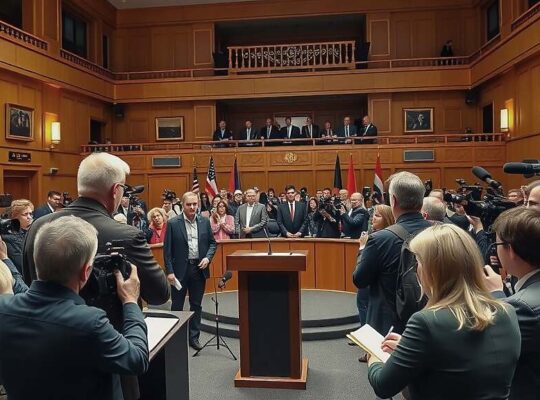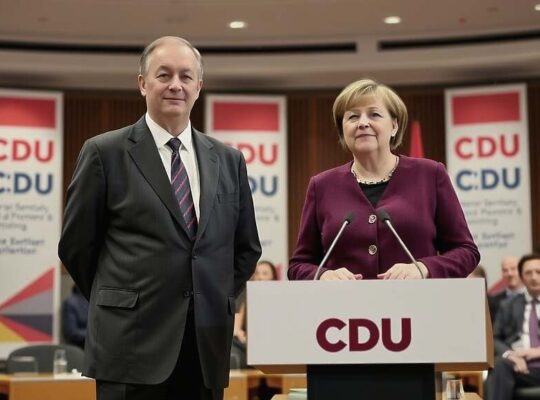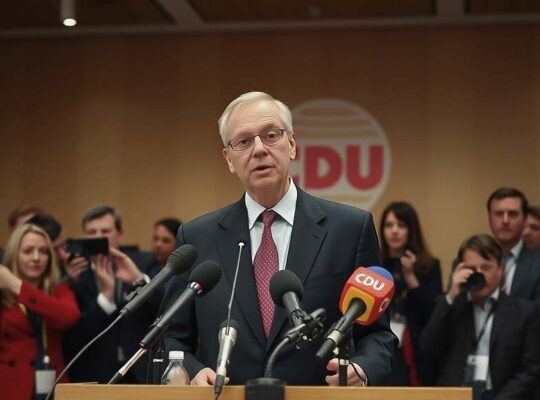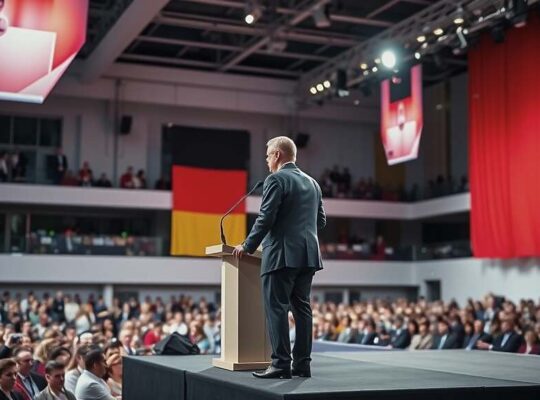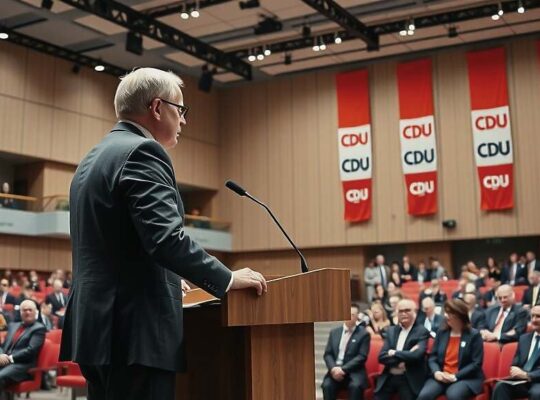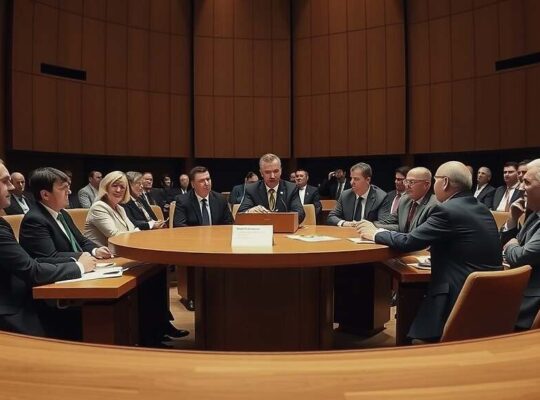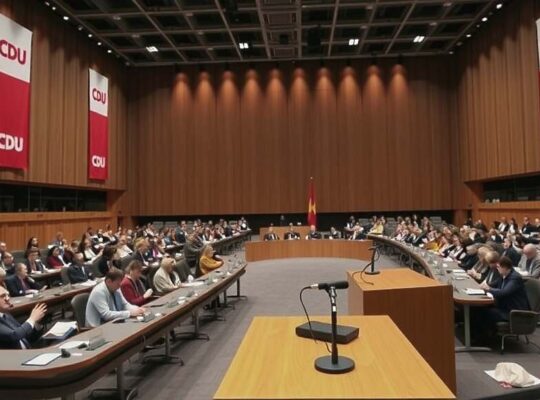A discreet summit is scheduled for Tuesday in Berlin, bringing together German Chancellor Friedrich Merz, French President Emmanuel Macron and UK Labour Leader Keir Starmer in a closed-door meeting within the so-called “E3” format. The gathering, confirmed by a government spokesperson, will take place during a private dinner and remains off the public record, fueling speculation regarding its agenda.
Prior to the trilateral dinner, a separate high-level summit focused on “digital sovereignty” will be hosted jointly by the German and French digital ministries. Ostensibly aimed at fostering a unified European approach to technological independence, the summit’s ambitions are already drawing scrutiny. Critics suggest the proclaimed objective – “a strong impulse for a digitally sovereign Europe” – masks a protectionist agenda potentially hindering innovation and further fragmenting the global digital landscape.
The participation of Keir Starmer, leader of the UK’s opposition Labour Party, adds a significant political dimension. Given the ongoing complexities of post-Brexit relations between the UK and the EU, his presence necessitates consideration of potential signals regarding future cooperation. Some analysts believe his involvement could represent a tacit exploration of alternative collaborations beyond existing EU frameworks, particularly concerning data security and cybersecurity, areas of increasing strategic importance.
The secrecy surrounding the E3 meeting itself has amplified concerns that sensitive discussions, potentially including assessments of geopolitical instability and emerging threats, are being concealed from public view. While the official line emphasizes reinforcing European unity and advancing shared technological goals, questions remain as to whether the forum’s opaque nature undermines transparency and democratic accountability. The closed-door format raises concerns that decisions with far-reaching implications for European economies and international relations might be reached without adequate scrutiny.




